Resiliency and adaptability are important for all organizations, but they’re particularly important when it comes to government systems. Unlike private enterprises, the people often have no feasible alternative to government services. In the aftermath of COVID-19’s dramatic entrance onto the world stage, governments need to assess their current level of resiliency across departments and create a road map to accelerate responses to global disruptions. This special report from the Boston Consulting Group includes six characteristics that are vital to the resilient organization.
Resilient governments demonstrate six characteristics: prudence, modularity, redundancy, diversity, embeddedness and adaptiveness.
After years of working with a variety of organizations, the Boston Consulting Group conducted research to explore resilience within systems. Their findings revealed six characteristics needed to build resilient governments: “prudence, modularity, redundancy, diversity, embeddedness and adaptiveness.”
The prudent government prepares for a variety of scenarios because it recognizes that “if something can plausibly happen, it eventually will.” Government prudence means identifying risks, then distinguishing between scenarios that are more and less likely to occur, and conducting scenario-planning exercises for each. Planning should involve authorities at the city, state...
Daniel Acosta, Matthew Mendelsohn, Jaykumar Patel, Martin Reeves and Lucie Robieux are professionals with the Boston Consulting Group.















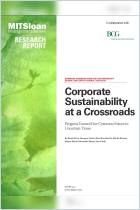











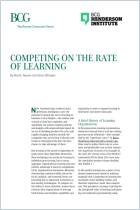


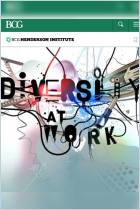


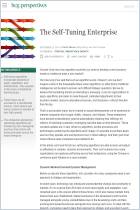
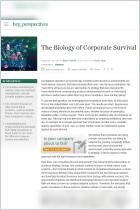

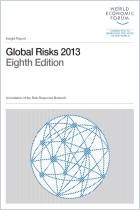


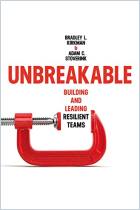

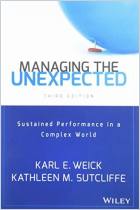



Comment on this summary